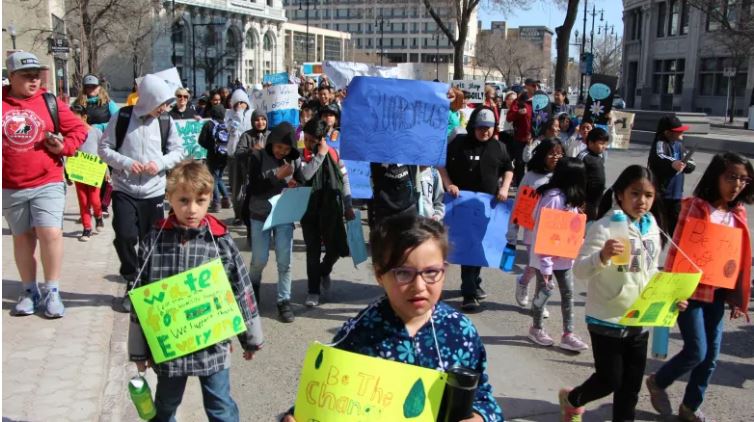Although Canada is home to 20 per cent of the world’s freshwater supply, there are still long-term advisories in effect here for 29 communities that do not have access to clean drinking water. Alarmingly, two-thirds of these long-term advisories affect Indigenous communities, including those in southern Ontario where clean water is plentiful in neighbouring towns and cities. Climate change and extreme events are exacerbating water quality degradation in lakes and rivers. The latest report from the UN’s climate panel highlights the disproportionate impact our warming planet has on marginalized communities. A lack of resilient infrastructure means communities are further affected; prioritizing better connections between water systems and people is essential to achieving equitable and safe access to clean water.
Wet’suwet’en First Nation’s long-term boil water advisory lifted
The Wet’suwet’en First Nation’s long-term boil water advisory finally came to an end this March. In a news release issued by the First Nation, Chief Maureen Luggi and the elected council of the Wet’suwet’en First Nation announced that the long-term Permanent Boil Water Advisory for the nation had been lifted. The advisory was lifted on March 18. The ban had been in place since March 13, 2013 according to Indigenous Services Canada website and has now been resolved with upgrades to treatment processes and a feasibility study to determine long-term solution. The ban was put in place after arsenic was found in the water and the people were asked not to consume this water directly.
Saskatchewan First Nations respond to Ottawa delay for water advisory deadline
The Federation of Sovereign Indigenous Nations (FSIN) is frustrated after hearing the federal government is delaying its plan to remove all long-term water advisories in First Nations communities. It comes after a report to a House of Commons committee noted that the government’s initial target of 2021 wasn’t feasible and are pushing that deadline back to 2026 while offering communities temporary measures to ensure tap water is safe to drink.
Clean water for First Nations critical during the COVID-19 pandemic: Activists
Activists in northeastern Ontario fighting for safe, clean water in First Nations communities across Canada are getting tired of broken promises. After five years and millions in spending, the Liberal government announced in early December that it would not fulfill its commitment to end all long-term water advisories on reserves by March 2021. Although some progress has been made – 97 advisories have been lifted since November 2015 – there’s still a long way to go. There are 59 active long-term water advisories in 41 communities across the country, and activists maintain that clean water should be a priority for the federal government, especially during a global pandemic. “Water is a basic human right, and nobody should have to beg for it. This is wrong, and it’s come to the point where I think it comes down to racism,” said Autumn Peltier, a teenage water-rights activist from Wiikwemkoong Unceded Territory on Manitoulin Island.
Hundreds of Winnipeg walkers call for clean drinking water on First Nations
Over a thousand people poured into the streets of downtown Winnipeg Friday to bring attention to the dozens of First Nations across Canada currently under boil water advisories. Roughly 1,100 people, including more than 800 students from the Seven Oaks School Division, took part, organizers estimate. Carrying signs, the demonstrators walked from city hall down Main Street to Portage Avenue, and then up Memorial Boulevard, before ending at the Manitoba Legislative Building.







